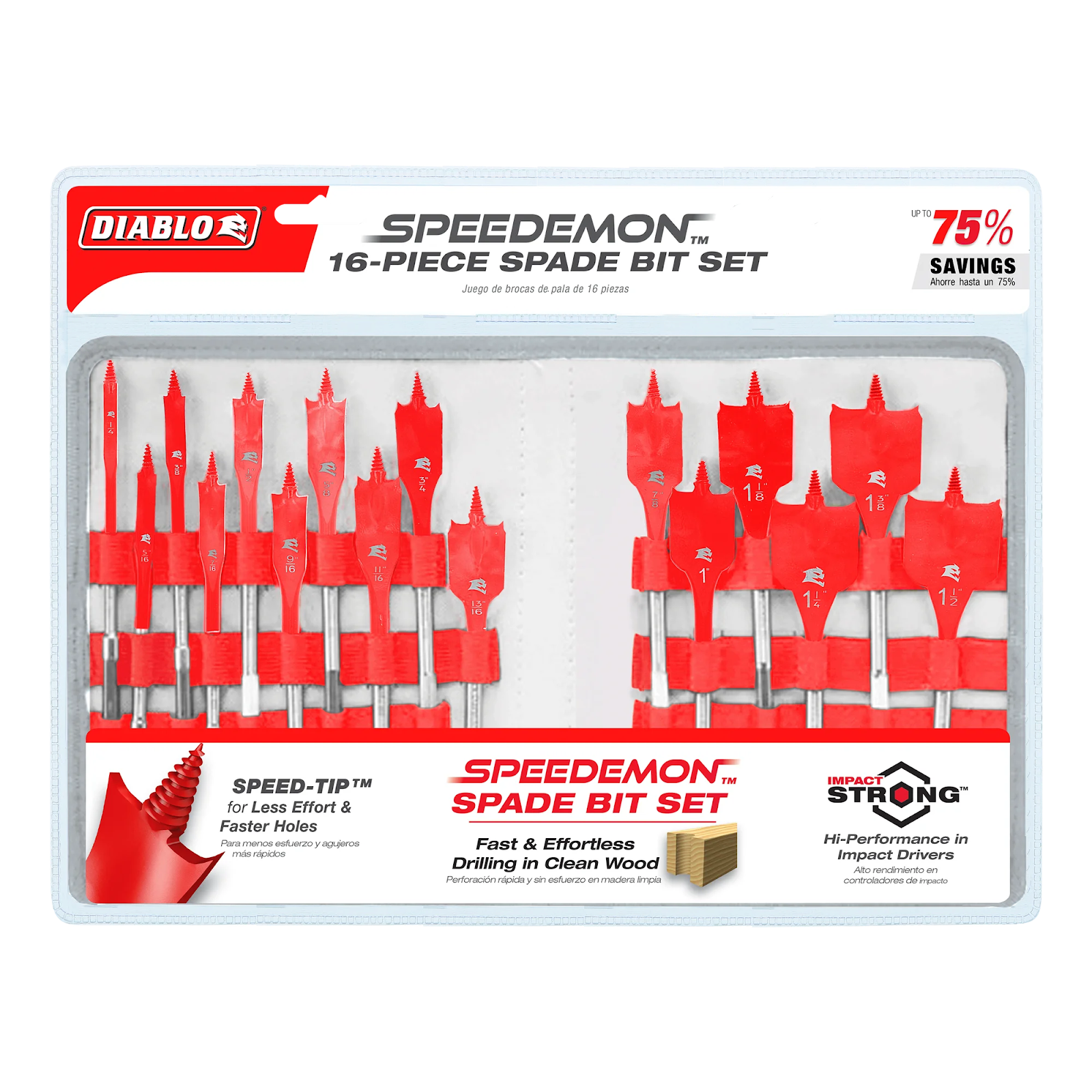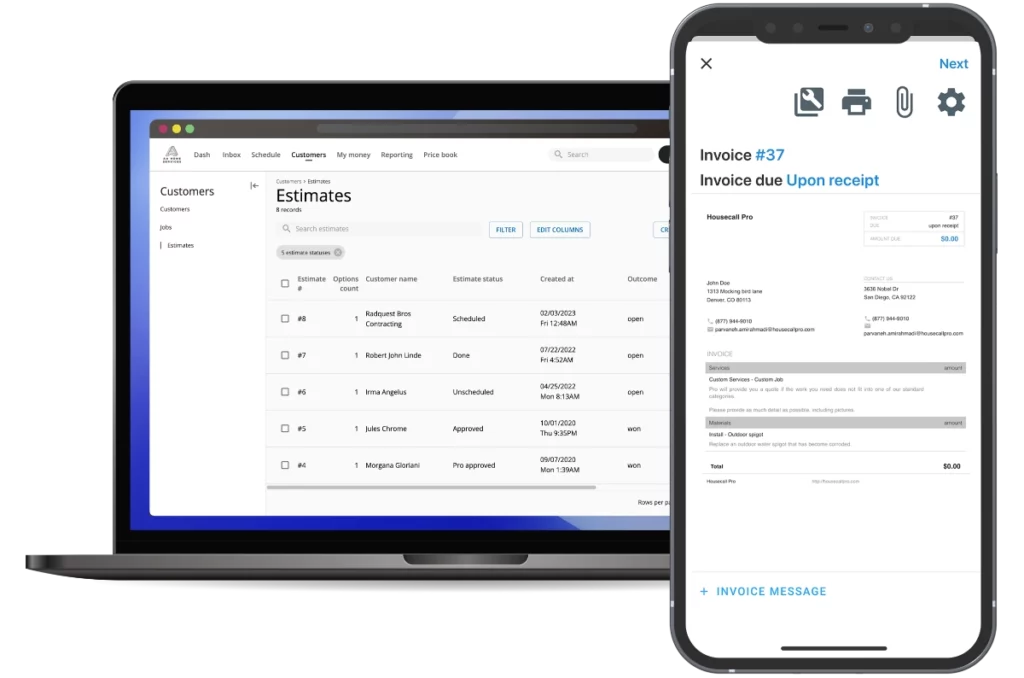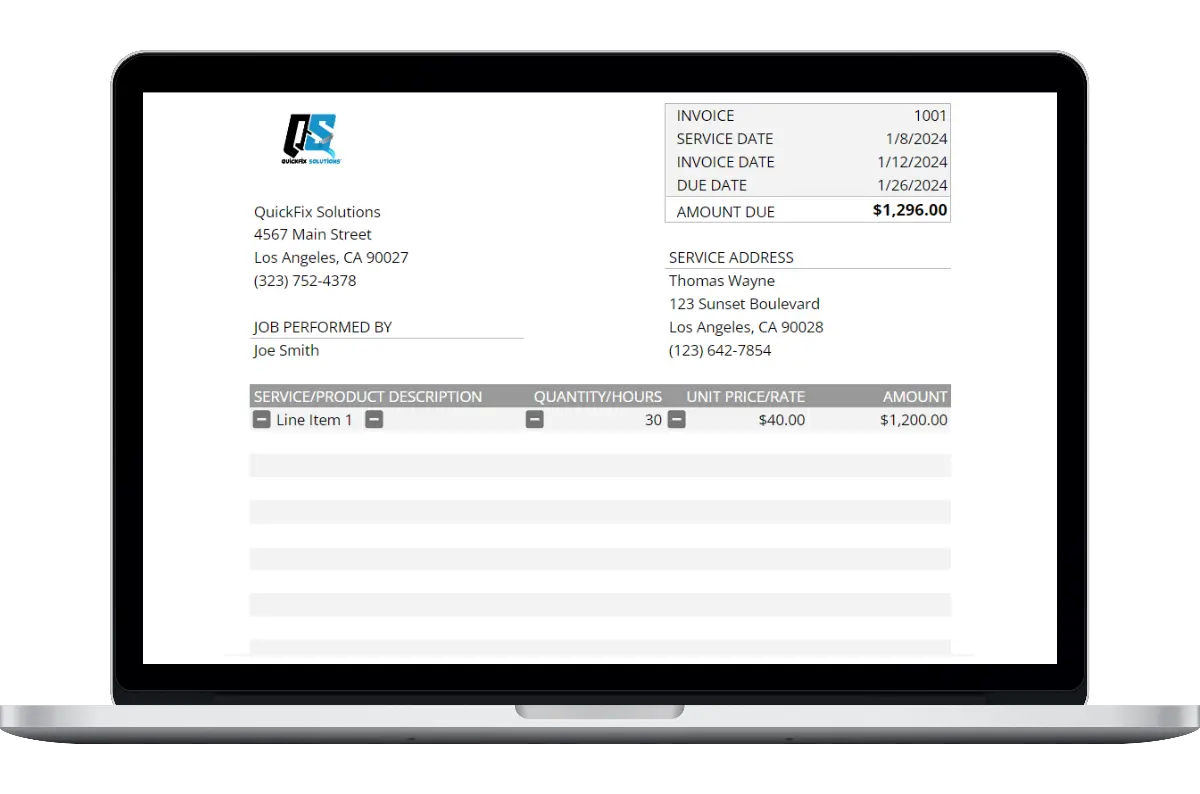
Every professional electrician needs tools, but what you have on hand plays a significant role in delivering quality service quickly and efficiently. Not having the essential tools in your box or the right tools for the job makes things more complicated, and depending on the scenario, it can produce subpar results. Here are 20 of the best tools for electricians, whether you are just starting the profession or have experience.
20 Must-Have Essential Tools for Electricians
Some electricians’ tools offer benefits that others don’t, but that doesn’t mean you need a specialized tool for every specific job. Some multifunction items work perfectly for the various tasks. You can have a wire cutter, wire stripper, and a wire crimper, or a wire cutter/stripper/crimper tool that produces the same results. In addition, the multipurpose tool saves room in your electrician belt or tool pouch.
Best Electrician Hand Tools
1. Pliers Assortment
Pliers are a staple in the electrical industry. They have various uses and benefits, including grabbing components, cutting wires and cables, gripping items, bending and twisting wires together, straightening wavy or mangled wires, pulling items, inserting items, tightening/loosening nuts, and more.
Rather than list each plier type individually on our list, it’s better to leave those slots open for other essential tools.
Purchasing an assortment of pliers is undoubtedly more affordable than buying them individually, and you can still maintain quality, assuming you get a decent set from a reliable brand.
Pliers are certainly one of the best tools for an electrician because you’ll need them for various tasks.
Your Pliers inventory should include the following:
- Needle-nose pliers (a.k.a. long-nose): The jaws are great for bending wires, pulling circuits, and inserting small components.
- Side-cutting pliers (a.k.a. diagonal-cutting): Their blade edge is perfect for cutting wires, cable ties, etc.
- Reaming pliers: The edge of one jaw reams conduit. The handle ends punch out conduit/wire holes, and the rounded jaw design tightens or loosens caps, threaded pipes, nuts, and more.
- Groove-joint pliers: The jaw grips, pulls, and tightens, but it is also more flexible than other pliers with its sliding/adjustable diameter capabilities.
- Lineman’s pliers: The cutting blade is perfect for cutting electrical or hanger wires. The jaw edges are ideal for gripping metal, wire, and more that must be flattened, twisted, or turned. Some include a rounded jaw region for gripping and tightening conduit, pipes, and nuts. Others include a “minimal” wire crimper and cutter further down, but it is best to have a specific tool for that task.
- Wire Stripping/Crimping/Cutting Pliers: These tools have areas for stripping insulation, crimping connectors, and cutting wires. You can get tools specific to each feature, but the fewer items you have, the better in this scenario. However, a connector/terminal crimper tool may improve performance in that area.
- Wire Ferrule Crimping Pliers: These pliers are expensive but designed to turn twisted wire ends (or even solid ones) into a solid metal ferrule connector (pin). Rather than crimping wire in one spot on a connector, they crimp around the entire circumference of exposed wire ends to provide a secure hexagonal or square pin connector.
- Cable Cutters: These tools are neither antenna/cable coaxial cutters nor tools like snips for thin wires. Cable cutters are similar to garden pruners, except they cut 120V/240V AC insulated interior/exterior copper/aluminum wires or outdoor rope wiring (electric/utility) along utility poles. There are smaller options for smaller rope cables and utility wires.
Recommended Pliers Set: Klein Tools Journeyman 6-Piece Pliers Set
2. Insulated Screwdrivers
As an electrician, you may have numerous boxes, devices, terminals, and other hardware that require screwdrivers with various bits. Insulated screwdrivers help protect against electrical shock and prevent damage to circuits. The shafts are covered and usually have a voltage rating specifying the maximum voltage they can handle. They easily fit into your tool apron or bag.
Electrician’s Screwdriver Recommendation: Klein Tools 85076INS Insulated Screwdriver Set 1000V
3. Conduit Bender
A conduit bender is an essential electrician hand tool for running wires and cables through a building. This tool allows you to bend conduit and thin pipes without kinking them. They generally feature scale markings to identify the angle for precise bending.
Conduit Bender Example: IDEAL Electrical 74-047 Aluminum Conduit Pipe Bender w/handle- 3/4 in. EMT Pipes
4. Fish Tape
When running wires through conduit, especially with bends and long runs, you want to get the job done fast, which is where fish tape comes in handy. It’s an electrician hand tool you cannot live without, even if you don’t install conduit.
Sometimes, you need to run wires through the conduit, and this tool gets the job done quickly. You attach the wiring to the end of the tape and push it through the conduit to the other end. It’s a must-have item for electricians who install electrical lines, networking cables, etc.
You’ll find various options, including metal, fiberglass, and polymer tape designs. Southwire has a great polymer wire puller that glides through easier than metal or fiberglass wires. It doesn’t seem to get stuck like other materials.
Recommended Electrical Fish Tape: Southwire Simpull Polymer Fish Tape (FTSP45-75NCT) with Non-Conductive Tip-75 feet
5. Magnetic Fish Tape
Aside from conduit runs, most electricians run wires behind walls full of fiberglass and other obstructions. A magnetic fist tape tool is the perfect addition to your tool bag. This item uses powerful, rare-earth magnets to move the fish wire around in the ceiling or wall to where you need it.
Recommended Magnetic Fishing Tool: Magnepull w/ (1) XP1000-3,(1) XP1000-3-1, & Chain in Carrying Case
6. Reference Point Locator Tool
A reference point marking tool (a.k.a. reference point locator tool) is semi-costly but well worth the investment. This tool finds the drilling spot you need without going back and forth from one area to another.
You can trace and mark between drywall, brick, cement, and more. The tool also prevents drilling in the wrong area and having to repair that spot. There aren’t many options available.
The Magnespot Reference Point Locator is worth a little over $200. Accuracy can vary within an inch or two, but many electricians say it is super close to dead on.
Reference Point Locator Recommendation: Magnespot XR1000-K2 Reference Point Locator
Electrician Testing Tools
7. Circuit Testers
These tools are a must-have for any electrician. Your toolbox should contain a touch and touchless circuit tester. Non-touch circuit testers measure magnetic draw to indicate whether a line is live or dead. The touch testers test leads that read the line’s voltage range, such as 24V, 48V, 120V, and 240V.
Recommended Circuit Tester: Klein Tools 80097 Beginner Tester Kit
8. Receptacle Outlet Testers
Receptacle testers are another type of circuit testing device. When you plug one in, it indicates whether the outlet is live or dead. Some provide advanced features like polarity checks or wiring indicators (i.e., open neutral, open ground, open hot, hot/ground reversed, hot neutral reversed, and correct).
Recommended Outlet Tester: Gardner Bender GFI-3501 GFCI Receptacle Tester & Circuit Analyzer
9. Multimeter (a.k.a., Multi-Functional Tester)
You need a multimeter to get readouts on various live-circuit components. This device varies from one model to the next in terms of what it measures. The most common measuring features include AC/DC voltage, Ohms, polarity checking, and continuity. FLUKE is a more expensive brand but also a professional one that makes durable commercial multimeters. However, other brands offer good-quality multitesters that can get the job done.
Recommended Multimeter:
Fluke 87V Industrial Digital Multimeter 1000 V AC/DC, Peak Min/Max, Low Pass Filter
Get In Touch: 858-842-5746
Let us earn your trust
Let our software for electricians help you amp up productivity. On average, Pros increase monthly revenue generated through Housecall Pro by 35% after their first year.
See plan options and feature breakdown on our pricing page.
10. Circuit Breaker Finder
This tool gets you going fast by identifying the correct breaker for the room circuit you are working with. That way, you can turn it off before doing any electrical work. The item includes two devices: a sending unit and a receiving unit. You plug the sending unit into a live receptacle. Next, you use the receiving unit to find the correct breaker. The receiving unit usually features an LED indicator that emits a beeping sound when you select the correct one.
Suggested Circuit Breaker Finder:
Sperry Instruments CS61200 Sperry Circuit Breaker Finder
Suggested Tool Kits
11. Hand Tool Sets
Electricians need a wide assortment of hand tools, and individually buying them can be costly. Suppose a set doesn’t include a few essential tools. In that case, you may need to buy them separately, but that is undoubtedly better than spending your startup funds on individual hand tool purchases.
At the beginning of this article, there were two small plier sets, but if you shop around, you can find more extensive sets with assorted hand tools, saving you some money. Other items, such as wire pullers, reference point locators, and circuit testers, may also come in kits.
Recommended Hand Tool Kit:
Klein Tools 80141 Hand Tools Kit, 41 pc w/bag
Tool Bag, Drywall Knife, Fish Reel, Outlet Tester, Pliers, Screwdrivers, Nut Drivers, Crimper/Cutter, Coax Cutter, NCVT, and more.
12. Knockout Punches
Electricians must often punch new holes in junction boxes or control panels to allow conduit, coax, or wires to enter. However, there are times when you need to make a hole. A knockout punch set simplifies the task. You simply drill a small hole, then use the correct die size to punch it. Hydraulic punches are more efficient, but manual punches are more affordable.
Recommended Punch Kit: Greenlee 7906SB Quick Draw 90 8-Ton Hydraulic Knockout Punch Kit
13. Ratcheting Screwdriver Set
Electricians sometimes need to disassemble components with smaller screws. In addition, those screws may have hexagonal or star heads. A ratcheting screwdriver set with plenty of bit sizes and types makes disassembly or reassembly quick and painless.
Suggested Ratcheting Set:
Sunex Tools 9726KANATI – MINI RATCHET & BIT SET 38-PIECE
14. Mini Screwdriver Set
Every electrician should have a mini screwdriver set in their tool apron because you never know when you may need them. This tool is similar to the ratcheting screwdriver set but can better get into deep holes and areas. A good set will have size indicators for easy retrieval and a grip for added strength.
You may not specialize in smartphones and game consoles, but you will need mini screwdrivers to replace batteries in smoke alarms, remotes, security doorbells, garage door openers, and other gadgets. You may also need a mini flathead screwdriver to open a battery cover or an electronic box for different reasons. You can even use them to tighten your glasses.
Suggested Mini Screwdriver Sets:
Klein Tools Precision Screwdriver Set, Slotted, Phillips, TORX® 8-Piece 85617
15. Drill Bit Set
Every electrician needs drill bits in their tool bag. Drilling holes in various surfaces is common, especially when running wire through walls. Bits with pilot points are best to allow precise drilling with less slippage. Carbide or titanium materials are also essential if you want to avoid consistently replacing them.
Recommended Drill Bit Set: DEWALT Titanium Nitride Coated Drill Bit Set with Pilot Point, 29-Piece (DW1369)
16. Wood Boring Spade Bit Set

If you require larger holes, like when running conduit or thick wiring, a spade bit set gets the job done faster and productively. The most common application is running electrical wires through floor joists, subfloors, regular studs, jack studs, and trusses.
Recommended Spade Bit Set: Diablo Speedemon 16 pc Spade Bit Set For Wood w/Bag
Essential Electrician Safety/PPE Gear
17. Electrical Insulated Gloves—Class 00
Electricians need to stay safe. Electrical-resistant gloves prevent shocks when working on low-voltage tasks.OSHA rates Class 00 gloves for 500V and below, which is usable for many electrical tasks.
Recommended Gloves: PenRux Electrical 400V Resistance Rubber Insulated Gloves
18. Electrical Hand Protective Gloves
When working on non-live circuit tasks, such as installing conduit runs and pulling wires, you should protect your hands from abrasions, frictional cuts, and blisters. These are not cut-resistant gloves, but they can help protect you from non-bladed frictional damage. You can also use them for other non-live circuit tasks, like drilling holes or installing electrical boxes.
The best gloves offer extra protection to the index finger and palm, and they often get labeled as electrician’s gloves or wire-pulling gloves. Some also feature touch-screen capability, which lets you answer business calls, handle messages on your phone, or work on a tablet.
Be sure to confirm your glove size before ordering.
Recommended Electrical Cut Resistant Gloves: Southwire 58739040 Electrician’s Work Gloves
Essential Power Tools
19. Cordless Drill
Almost all electricians carry at least one cordless drill (18 volts or above). If you do residential work, you’ll need it to drill holes in walls, studs, and trusses so you can run wires through. For commercial applications, you may need to cut holes in metal or drill screw holes. Aside from that, you can save time if you use it for screws. One with LED lighting works perfectly for hard-to-see areas.
DEWALT 20V MAX* XR® Brushless Cordless 1/2 in. Drill/Driver Kit (DCD800P1)
20. Cordless Screwdriver
Sometimes, a heavier cordless drill is impractical for the task at hand. A cordless screwdriver weighs significantly less and is perfect for simple screw-driving tasks. It fits in your electrical tool bag and even an apron due to its small, lightweight benefits.
A cordless screwdriver doesn’t provide high-powered driving, but it works excellent for screwing/unscrewing boxes, switch plates, and electrical components. One with an LED light is beneficial for hard-to-see areas and fits in tighter spaces compared to a cordless drill.
This tool is a must-have because it speeds up the task at hand compared to using hand screwdrivers. It’s best to get one with two batteries to have a backup while the other charges.
Recommended Cordless Screwdriver: DEWALT 8V MAX Cordless Screwdriver Kit, Gyroscopic, 2 Batteries (DCF680N2)
21. Bonus Tool: Housecall Pro – Best Business Software Tools for Electricians

Out of all the electrician tools needed to succeed in the industry, business software is one you cannot live without. It is essential to run any type of electrical business.
You need software for customer management (leads, jobs, estimates, etc.), accounting, invoicing, scheduling/booking, appointment reminders through calls and texts, and more.
Purchasing software for various business management needs can get very costly, especially if some are subscription-based.
Housecall Pro understands the headaches of managing multiple software licenses and subscriptions. Therefore, we created an all-in-one software solution for electrical businesses so you can focus on growing your business and satisfying more customers.
More than 40,000 businesses trust Housecall Pro as their premium field service software solution.
- Scheduling software to win more jobs and gain more repeat business
- Estimating software that makes pricing easy and bidding accurate
- Appointments setting software with online booking
- Electrician CRM to manage customer data, job details, and marketing campaigns
- Sync with QuickBooks easily
- Offer competitive consumer financing
- Get paid fast with Instapay and secure payment solutions
- Manage employee payroll and expenses all in one place
- Real-time dispatching for efficient job coordination
- Android/iOS support
- Drag-and-drop scheduling and seamless integration with Google Calendar
- And much more
There is no need to worry. HCP offers complete training, plenty of simple resources, and ongoing support to ensure you get the help you need and the most out of our platform. Add Housecall Pro to your digital toolbox with a free 14 day trial today!






